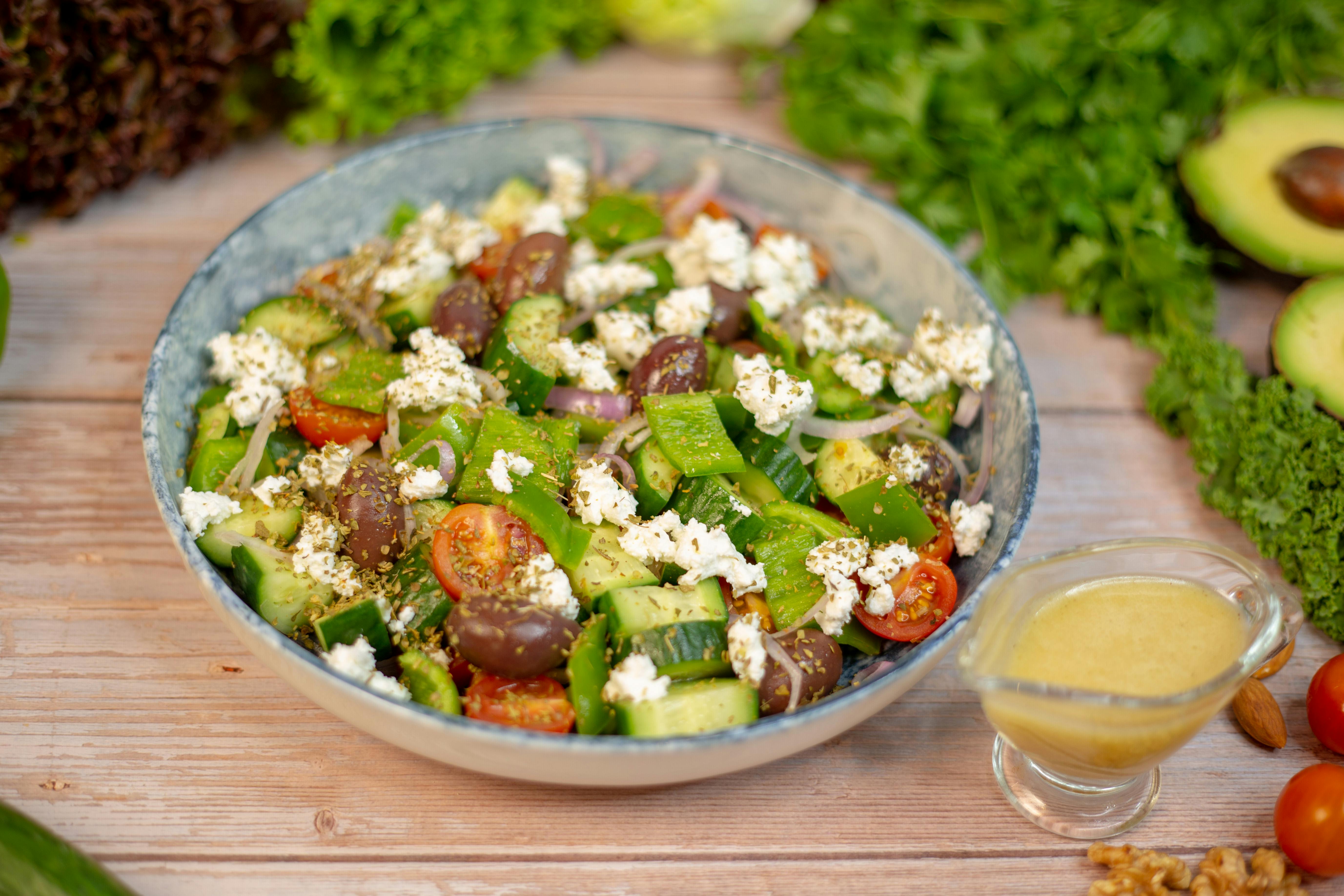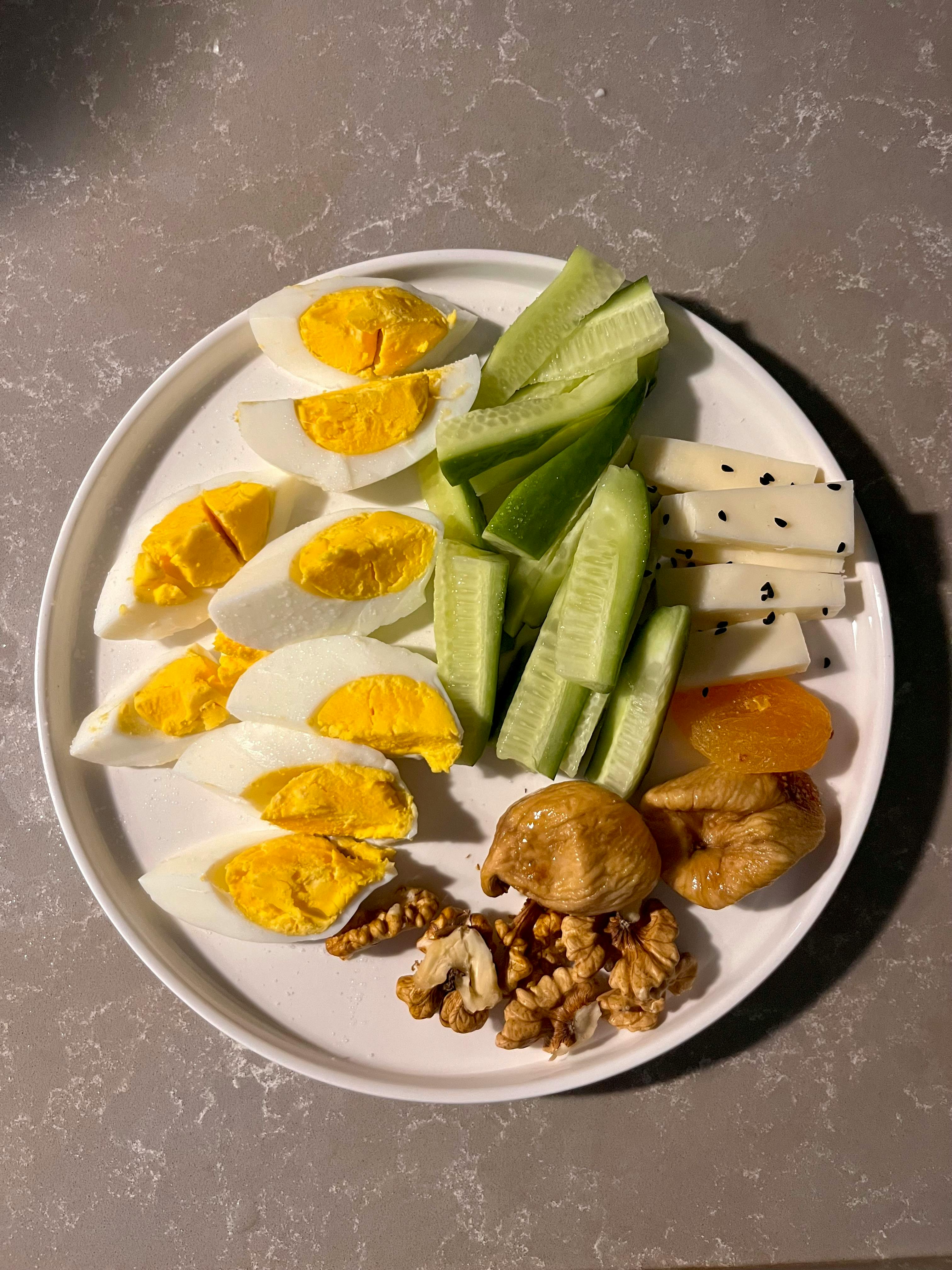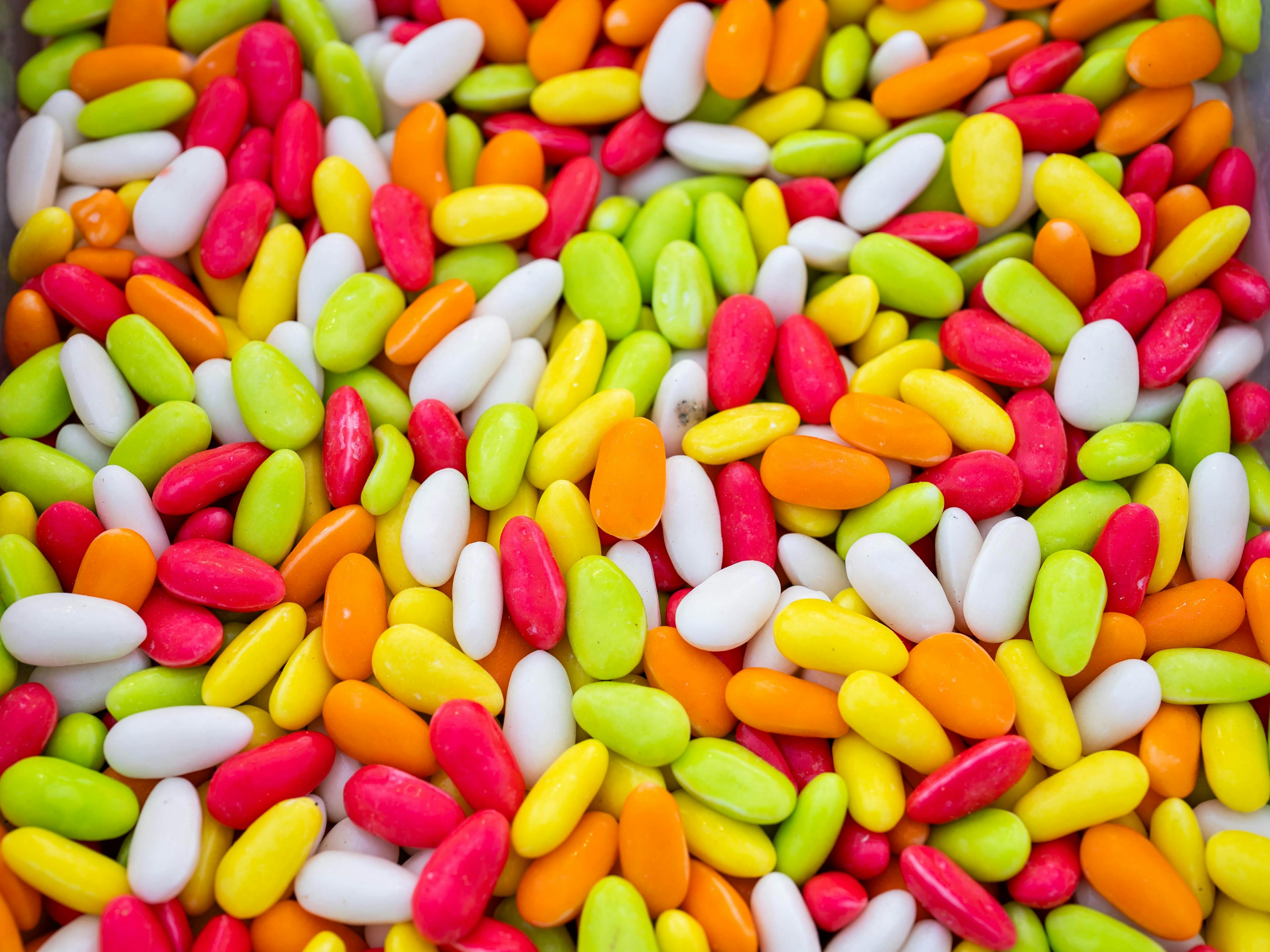Smart Ways to Optimize Your Post Colonoscopy Diet in 2025
After undergoing a colonoscopy, your body needs time to recover and heal. One essential aspect of this recovery is your diet. A well-planned post colonoscopy diet not only promotes healing but also restores your digestive health. In this article, we will explore the best foods to eat after a colonoscopy, nutritional guidelines to follow, and tips to ensure a smooth recovery process. Understanding how to nourish your body effectively will minimize discomfort while maximizing recovery.
Benefits of a tailored colonoscopy recovery diet include easing digestion, preventing constipation, and restoring gut flora balance. Additionally, by consuming gut-friendly foods, you aid in your body’s healing process after a procedure. This article will provide an overview of digestive health diets, hydration needs, and effective meals to support your recovery.
Key takeaways will focus on optimizing your food intake to enhance your post procedure nutrition, understanding the importance of hydration, and how to gradually reintroduce solid foods. Let’s dive in!
Understanding Nutritional Guidelines Post Colonoscopy
Building on the foundation of recovery, it is vital to comprehend the nutritional guidelines specifically designed for post colonoscopy care. These guidelines will help you transition to a diet that supports healing while being gentle on your digestive system.
Key Dietary Components for Recovery
Focusing on energy-boosting snacks and nutrient-rich foods will assist in replenishing lost nutrients during the procedure. Incorporate easy to digest foods such as bananas, applesauce, and toast, which are all elements of a bland diet. This approach minimizes strain on your digestive tract while providing necessary energy. Low-fat foods post procedure are also critical in maintaining overall wellness without causing discomfort.
The Importance of Hydration After Colonoscopy
Maintaining hydration is crucial in the recovery phase. Drinking fluids like water, herbal teas, and broth help counteract any dehydration from the preparation prior to the colonoscopy. Aim to consume high-water content foods, such as cucumbers, oranges, and watermelon, that can provide additional hydration while supporting digestive health.
Gentle Cooking Methods
Gentle cooking methods such as steaming or boiling can help create meals that are easier to digest. Avoid frying or heavy sauces that can hinder digestion. Additionally, meal frequency considerations, such as smaller, more frequent meals, can be beneficial to ease the digestive process.
Foods to Eat After Colonoscopy
With these guidelines established, let’s find out the top foods to incorporate into your post colonoscopy diet. These foods not only support recovery but also allow you to enjoy your meals.
Anti-inflammatory Foods
Including anti-inflammatory foods, like berries, fatty fish, and green leafy vegetables, can enhance your recovery. These foods are rich in essential nutrients that may aid in reducing inflammation and promoting healing. Probiotics after colonoscopy also play a key role in restoring balance within your gut flora, so include fermented foods such as yogurt or kombucha.
Easy to Digest Foods
Opt for foods such as scrambled eggs, oatmeal, and broth-based soups as they offer vital nutrients without taxing your digestive system. These gentle digestive foods are packed with essential proteins and carbohydrates that provide energy while ensuring comfort.
Gradually Introducing Solid Foods
After a brief period on a bland diet, it is essential to transition back to a regular diet gradually. Start with soft, low-fiber foods before moving towards higher fiber options like cooked vegetables and well-cooked grains. This slow introduction helps in assessing tolerance to foods, thus reducing digestive discomfort.

Meal Planning Post Colonoscopy
Following an understanding of necessary foods, planning your meals becomes a crucial component in ensuring a successful recovery. Meal planning post colonoscopy enables you to achieve nutritional balance while addressing your body’s unique needs.
Customized Meal Options
Creating a personalized diet approach based on individual tolerance can enhance recovery outcomes. Consult with healthcare providers for tailored nutrition advice and include symptoms tracking in your meal planning process. Prepare easy meal ideas that focus on whole foods while keeping servings manageable to avoid overwhelming your digestive system.
Gentle Snacks and Beverages
Incorporate gentle snacks like yogurt parfaits with fruit or smoothies as they provide vital hydration and nutrition in easily digestible forms. Including healthful beverages such as herbal teas can also assist in maintaining hydration and restoring comfort.
Addressing Digestive Challenges
Be aware of possible challenges that may arise post colonoscopy, such as nausea or bloating. Focus on anti-nausea foods like ginger tea and avoiding heavy meals, which can provoke discomfort. This proactive approach helps in effectively managing digestive challenges.

Supplementation and Probiotics After Colonoscopy
Connected to meal planning, using supplements judiciously can further optimize your recovery diet. Supplementing with probiotics after colonoscopy can help restore gut flora and improve digestive health.
Importance of Probiotics
Consider integrating probiotics into your diet, whether through supplements or fermented foods, for enhanced gut recovery. These are essential for promoting a healthy digestive system and addressing any imbalances post-procedure.
Choosing the Right Supplements
Work with a healthcare provider to determine if you need additional dietary supplements. Nutritional deficiencies may arise but can be managed effectively with the right supplementation strategies, thus supporting a successful recovery.
Staying Mindful of Dietary Changes
As you recover, mindfulness in eating habits becomes crucial. Focus on nutrient-rich foods while practicing portion control to maintain balance in your diet. Assessing tolerance levels to different foods can guide your recovery journey, allowing you to adjust meals accordingly.
Q&A on Post Colonoscopy Diet
What foods should I avoid after a colonoscopy?
After a colonoscopy, it is advisable to avoid high-fiber foods, spicy dishes, and anything that can induce gas or bloating. Heavy meals can also be hard on your digestive system, so starting with bland options is critical.
How long should I follow a low-fiber diet post-colonoscopy?
The duration of the low-fiber diet can vary, but it is generally recommended for the first few days after the procedure. Gradually reintroduce fiber-rich foods based on your tolerance and comfort levels.
Can I drink alcohol after a colonoscopy?
It is best to avoid alcohol for at least a couple of days after your procedure, as it may irritate your digestive system and hinder recovery.
When can I resume my regular diet?
Most individuals can start transitioning back to their regular diet within a few days, depending on personal comfort levels and tolerance to foods. Consult with your healthcare provider for personalized guidance.
What are the best hydration strategies after a colonoscopy?
Stay hydrated by drinking plenty of fluids like water, electrolyte drinks, and herbal teas. Incorporating high-water content foods will also help maintain hydration levels.
```